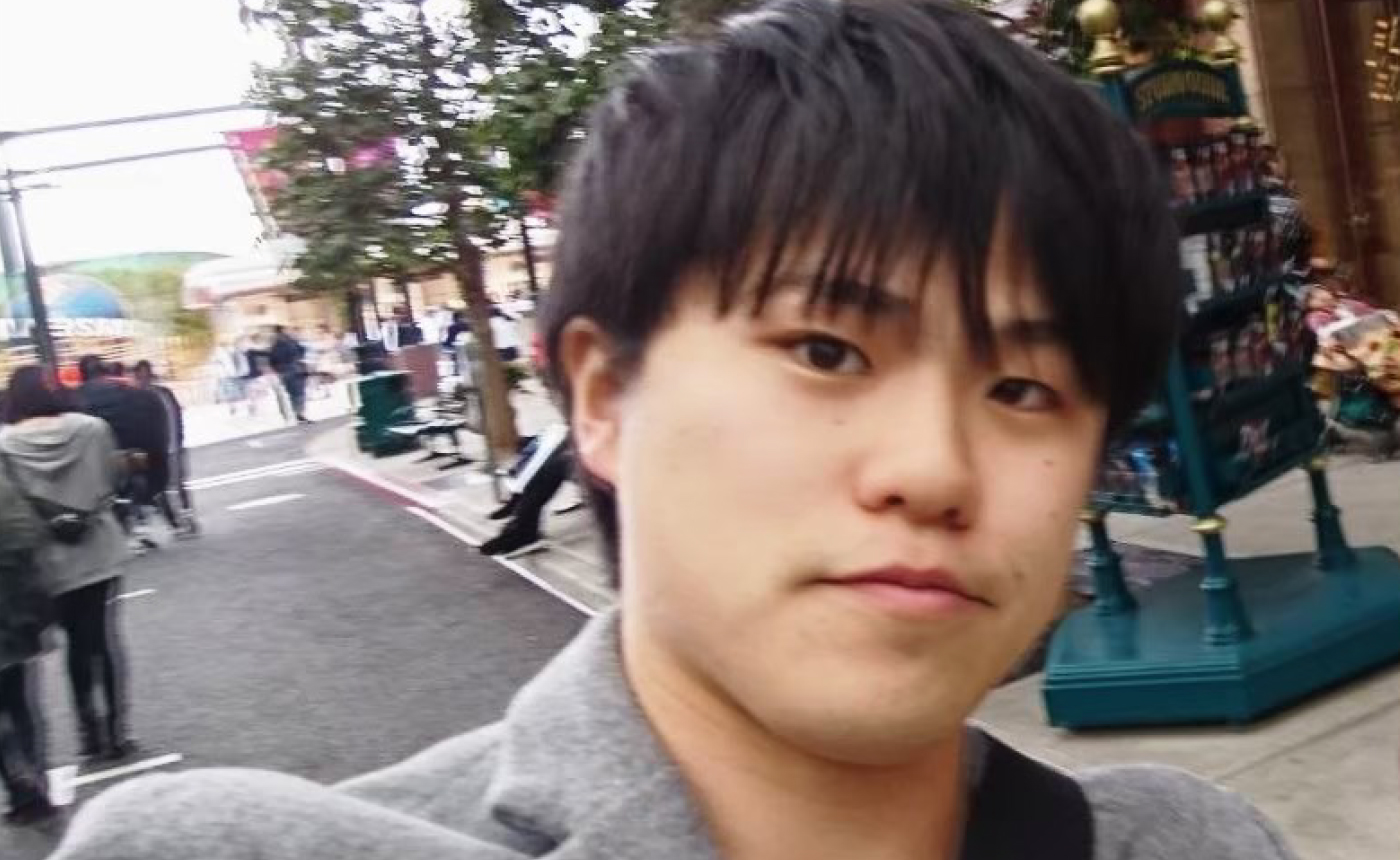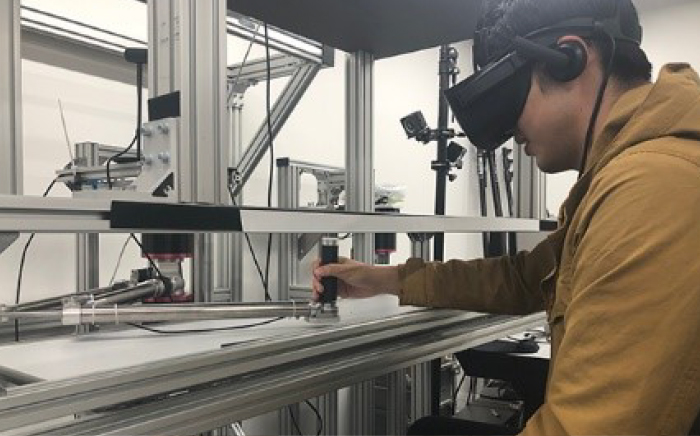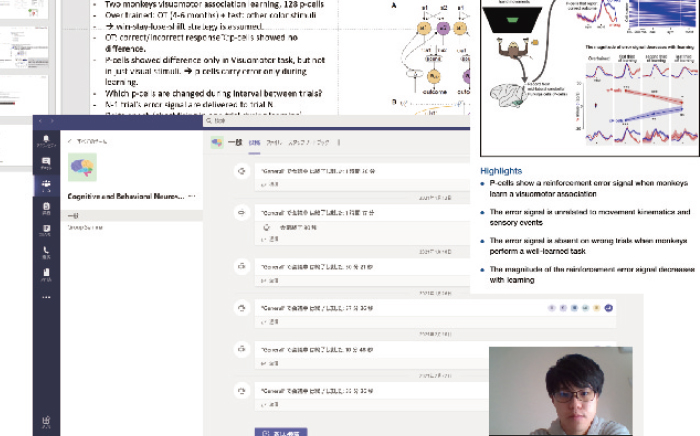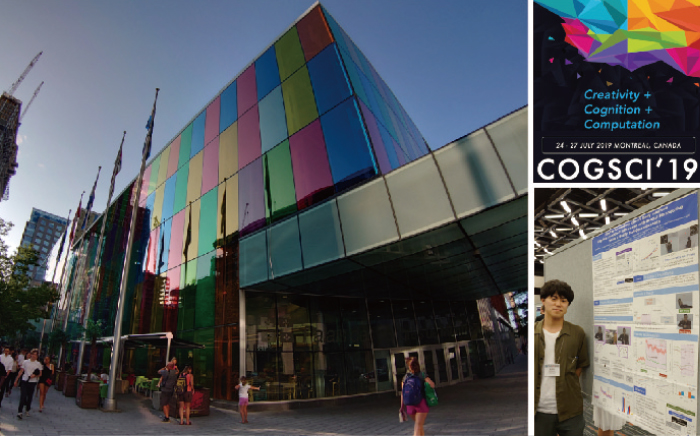- Fields of study:
- Informatics/computational neuroscience
- Mentors:
- Dr. Jun Izawa / Dr. Masayuki Matsumoto

Bi-disciplinary Exploration & Exploitation
I entered the Humanics Program after receiving a bachelor's degree in experimental psychology and a master's degree in behavioral science. I decided to enter this program because I wanted to continue research that only I could do with more specialization. I have studied a wide range of neuroscience and informatics based on cognitive science, and have been involved in interdisciplinary research, but I felt frustrated that I was not able to become a specialist in each area. I believe that the five years at Humanics will be a useful period for me to develop my expertise in multiple fields.
Currently, I study computational theory and neural mechanisms of pain, with Dr. Jun Izawa. The current laboratory deals with the research theme of how learning, decision-making, and self-consciousness are realized based on computational theory, considering the brain as a system. During the first year, I frequently participated in the journal club of Prof. Matsumoto's lab, my other mentor, and I discussed the neural basis of decision making based on reinforcement learning models. In the future, I plan to collaborate with the lab via animal experiments on the effects of "pain as punishment" on decision-making and learning.
There is a limit to what can be achieved by one person. I believe that innovation is created in an environment where each individual can exhibit his or her own expertise. Researchers who have acquired multiple specialties are indispensable for crossing disciplines and organizing teams. I believe that by improving yourself in the environment of Humanics, you can get closer to becoming a true specialist.
[Time table of an ordinary day]

Experiments using VR and non-invasive brain stimulators

I often joined other lab's journal club using online tools.

I presented my research achievements by poster in the international conference of cognitive science.
